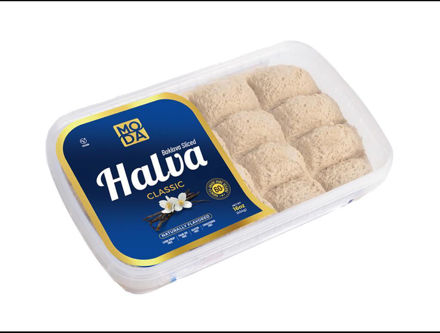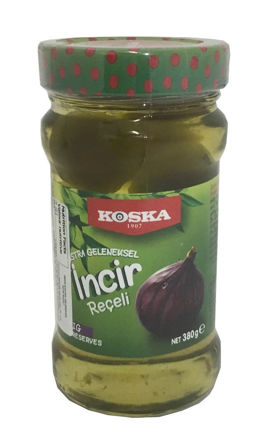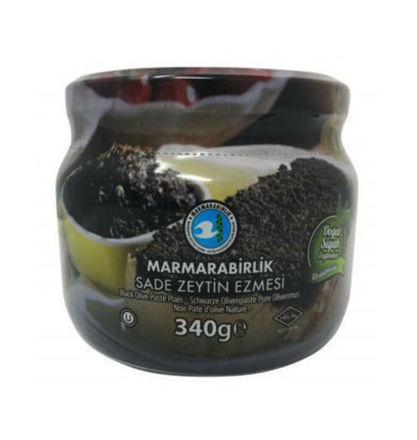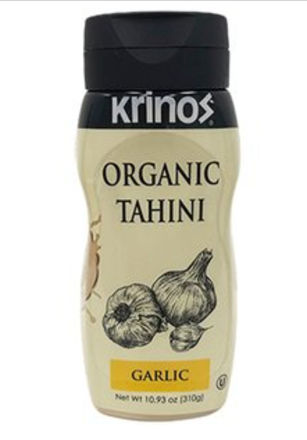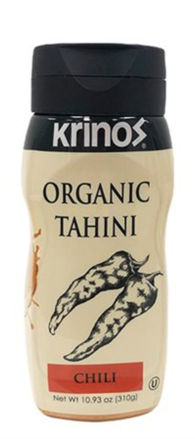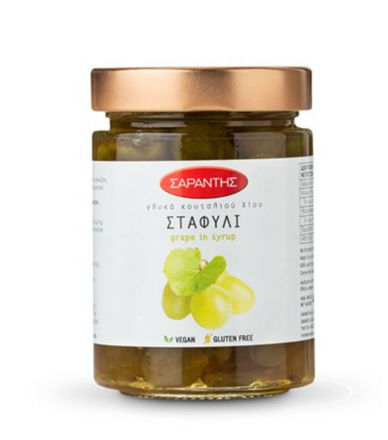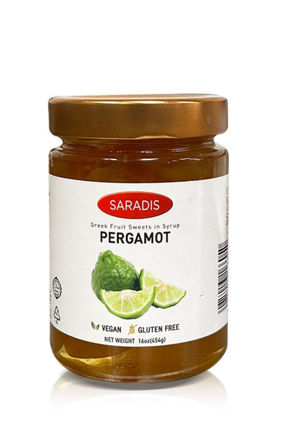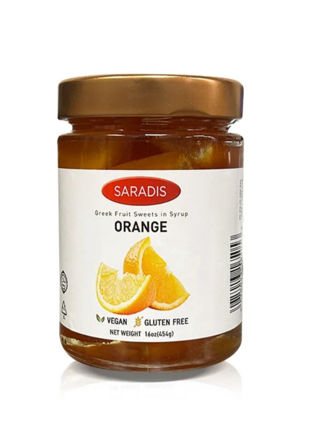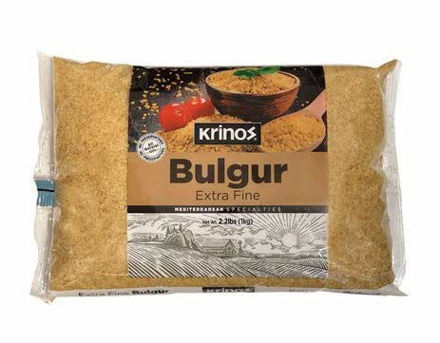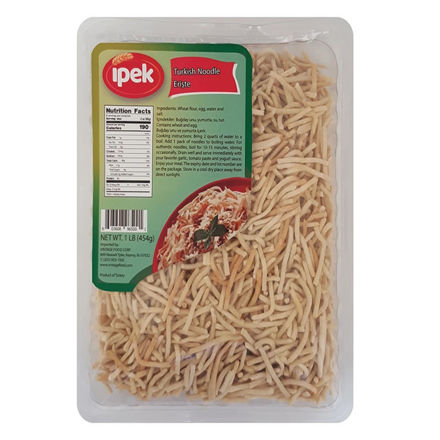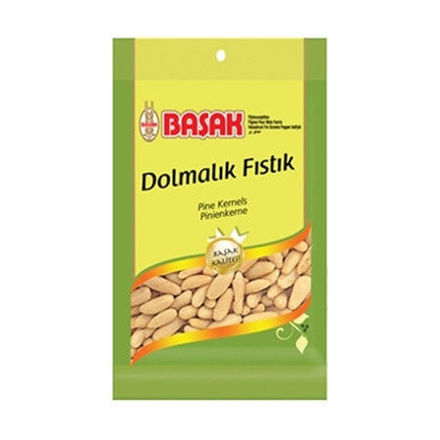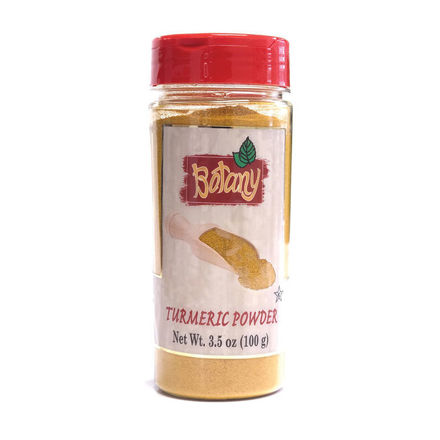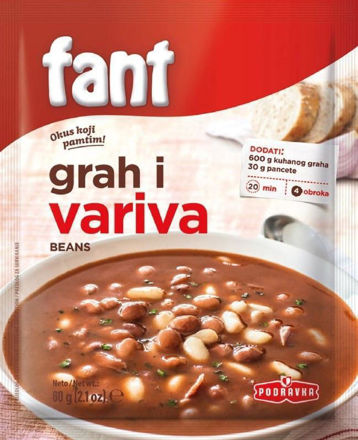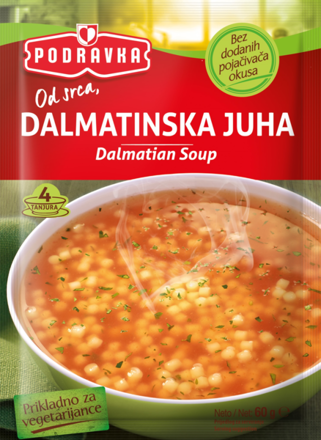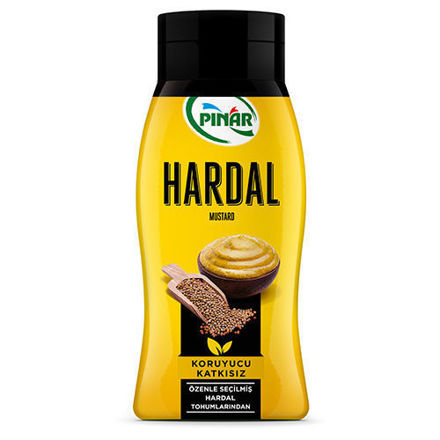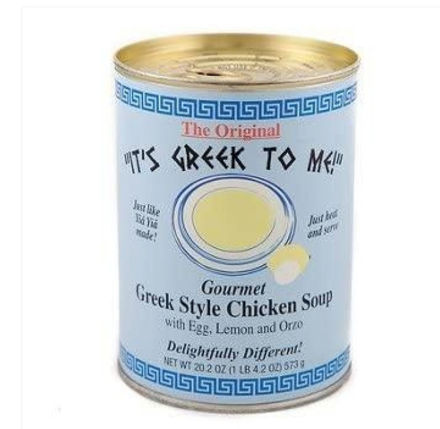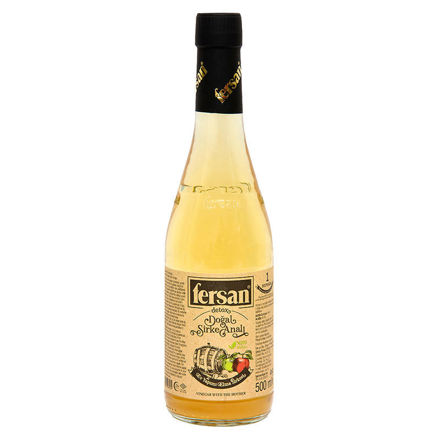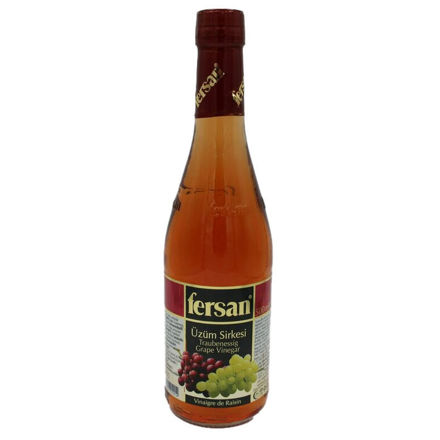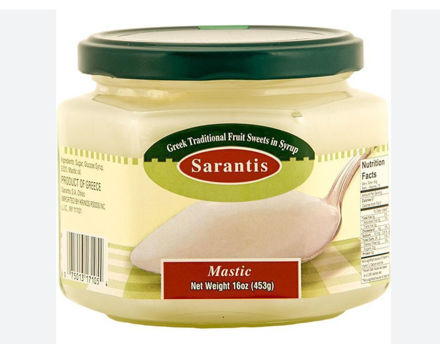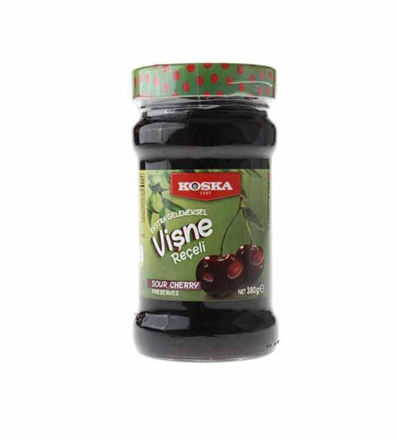Pantry
MODA tahini halva is a traditional Turkish dessert made from tahini and white sugar prepared by crushing the best quality sesame in special stone mills, with the experience of craftsmanship since 1907. With its filling, nutritious, healthy and energizing properties, it has been a preferred dessert for different reasons for centuries. It is a dessert preferred by those who prefer to consume a healthy dessert, athletes who need energy, young people, expectant babies, breastfeeding and mothers with growing children.
$5.99 $6.99
You can easily spread the black olive paste on bread. It offers a practical and satisfying alternative for you. You can also make an olive paste base for your sandwiches. Great variety, very tasty! Black Olive Paste, created from the most beautiful olives, is at your service with the guarantee of Marmarabirlik! It contains 340 grams of Black Olive Paste
$5.99 $6.99
KRINOS Organic Garlic Tahini 10.93oz squeeze bottle
$5.99 $9.99
KRINOS Organic Hot Spicy Tahini 10.93oz squeeze
$5.99 $9.99
These unique sweets have been a mainstay of Greek, Turkish, Balkan and Russian culture for centuries – offered to visiting guests as a sign of warmth and hospitality. Traditionally served in a generous teaspoon, spoon sweets are meant to be savored between sips of water, and sometimes coffee. Or to be enjoyed as an elegant centerpiece on a small dish of Greek yogurt. Saradis, has been making spoon sweets on the beautiful Greek Island of Chios since 1928. Our Grape Sweets feature plump hand-picked grapes suspended in a thick, naturally grape-flavored sugar syrup. Succulent and chewy, more like raisins after marinating, Saradis Grape Sweets are first meant to be enjoyed in a teaspoon. Less sweet, and with more authentic flavor than traditional jam or preserves, our luscious Grape Sweets are delicious with peanut or almond butter. Swirl them into a bowl of creamy tahini (sesame paste) and dip pieces of crusty bread or toast into the mixture, for a healthier version of a PB&J! Serve a spoonful of our grape sweets with your morning oatmeal or porridge. Or use them in a glaze for roasted chicken or ham. You will find spoon sweets (Glyka tou Koutaliou, in Greek) in almost every household in Greece.
$5.99 $9.99
A mainstay of Greek, Turkish, Balkan and Russian culture for centuries, spoon sweets are traditionally offered to visitors as a sign of hospitality: served in a generous teaspoon with a glass of water, and sometimes coffee. Or presented as an elegant spoonful in center of small dish of Greek yogurt. Saradis has been making spoon sweets on the beautiful Greek Island of Chios since 1928. Our Pergamot Peel Sweets feature large peels of ripe, hand-picked pergamots (“bergamots” in English) suspended in a delectable syrup. Thought to be a hybrid of lemon and a bitter orange, these fragrant peels are also used to flavor Earl Grey Tea. More syrupy than classic marmalade, Saradis Bergamot Peel Sweets are chewy and juicy – the “perfect bite” in a teaspoon. Chewy, firm and not too sweet (despite the name!) our Pergamot Peel Sweets are wonderful chilled, right out of the jar. Slice the peels and serve with their syrup on French toast, pancakes or waffles, with a dollop of Greek yogurt, mascarpone or whipped ricotta, for a delightful citrusy spin on a brunch classic. A wonderful accompaniment to scones, biscuits and cornbread, the peels can also be sliced and served with their syrup as a condiment with a cheese and salami Meze platter. They are also delicious over ice cream or tangy frozen yogurt
$5.99 $10.99
Spoon sweets – citrus peels, whole fruits, nuts, vanilla or mastic gum in sugary syrup – have had a special place in Greek, Turkish, Balkan and Russian culture since the Ottoman Era. Offered to visitors as a sign of welcome and hospitality, spoon sweets are traditionally served in a teaspoon with a glass of water or coffee. Or presented as an elegant spoonful in center of small dish of Greek yogurt. Saradis has been making spoon sweets on the beautiful Greek Island of Chios since 1928. Our Orange Sweets feature large peels of ripe, hand-picked oranges suspended in delectable syrup. Chewy, juicy and not too sweet (despite the name!) our Orange Sweets are the “perfect bite” on a teaspoon. Rich in flavor and less dense than classic marmalades, they are delicious with scones, biscuits and cornbread. If you cut the orange peels into small pieces and serve with their syrup, the culinary applications of Saradis Orange Sweets will become more manifest! For a delightful citrusy spin on a brunch classic, serve them on French toast, pancakes or waffles with a dollop of Greek yogurt, mascarpone or whipped ricotta. For an elegant, citrus-forward baked brie, spread our Orange Sweets in the center of the cheese before baking. Use as a sauce for Crêpes Suzette sauce – or as a succulent orange glaze on roasted ham or duck – and your family and friends will thank you! You will find spoon sweets (Glyka tou Koutaliou, in Greek) in almost every household in Greece.
$5.99 $10.99
BULGUR IS ONE OF THE HEALTHIEST GRAINS AVAILABLE. RICH IN FIBER, ANTIOXIDANTS AND PROTEIN
$4.99 $6.99
Flour, village eggs, cow's milk, salt and local olive oil are used for producing homemade natural noodle. The obtained dough is then rolled out and takes the form of layers. The dough, which is kept in this way for a while, is then put on top of each other and cut. The noodles, which are left to be dried in the sun after cutting, are put into jars not to be airtight after they harden enough. No additives are used in the production of natural village noodles. It is prepared completely without additives and as homemade.
$4.99
There are many reasons why traditional Turkish cuisine is so appreciated all over the world. Details such as the combinations of ingredients used in cooking, cooking techniques and indispensable cooking sauces make Turkish dishes to be liked by everyone. However, the most magical parts of Turkish cuisine are the hidden spices. The reason why Turkish cuisine is loved all over the world is because of the secret herbs and spices that make up the delicious flavors. Not only do we get a wonderful aroma, these condiments are super beneficial to our health. Here are the most popular herbs and spices you can taste in Turkish Cuisine.
$4.99
There are many reasons why traditional Turkish cuisine is so appreciated all over the world. Details such as the combinations of ingredients used in cooking, cooking techniques and indispensable cooking sauces make Turkish dishes to be liked by everyone. However, the most magical parts of Turkish cuisine are the hidden spices. The reason why Turkish cuisine is loved all over the world is because of the secret herbs and spices that make up the delicious flavors. Not only do we get a wonderful aroma, these condiments are super beneficial to our health. Here are the most popular herbs and spices you can taste in Turkish Cuisine.
$4.99
Beans can be prepared in hundreds of ways, but the true bean lovers always prefer the Podravka beans spice . It is very important to choose good type of beans, but the spirit of every meal are carefully selected ingredients added in small amounts - the spices.
$4.99 $5.99
The taste of juicy tomatoes enriched with Mediterranean herbs will create a relaxed atmosphere and warm the hearts of your dearest gathered around the table. Vegetarians will particularly enjoy Dalmatian Soup, and the tiny grated pasta beads will remind you of home. Enjoy Dalmatian Soup without any flavor enhancers.
$4.99 $5.49
Different taste from Turkey.. Turkish Mustard is a condiment made from the seeds of a mustard plant. The whole, ground, cracked, or bruised mustard seeds are mixed with water, vinegar, lemon juice, wine, or other liquids, salt, and often other flavourings and spices, to create a paste or sauce ranging in colour from bright yellow to dark brown.
$4.99 $5.99
This gourmet, Greek style chicken soup is a traditional soup served by mothers and grandmothers to their children and grandchildren. The unique combination of chicken, eggs and lemon has hit the spot for generations. This soup was enjoyed at the legendary Houllis Island House Restaurant in Clearwater Beach, FL for over 30 years.
$4.99 $6.00
Vinegar with the mother; occurs thru the bacterias during the production of the vinegar and has a totally natural structure. It’s rich in proteins, contains enzymes, antioxidants and useful bacterias. Vinegar with the mother is specially produced and is not filtered like homemade. The vinegar mother might be seen blurry at the bottom of the bottle and may grow by time. This effects neither the taste nor the quality of the product. The bacterias inside helps at diets and is totally healthy. The natural production intenses also the apple taste and smell.
$4.99
A Unique Fersan flavor, obtained by two-stage fermentation of wet and dry grapes that have been matured under the productive Aegean sun. Fersan grape vinegar which is processed with quality standards at every stage of production; is filtered 200 times becoming thinner than hair. Fersan Grape Vinegar has high antioxidant content, is an ideal taste for your salad and other dishes.
$4.99
It doesn’t get more authentic than this! If you grew up in Greece, Mastiha, the tear-shaped resin drops of the Mastic Tree, will remind you of home. Mastiha has been a classic culinary ingredient since ancient Greece used to flavor baked goods, ice cream and the traditional Greek liqueur with the same name. The Greek island of Chios has been dedicated to the cultivation and production of Mastiha (mastic gum) since the Byzantine era, with a Protected Designation of Origin (PDO) accorded by the European Union. Saradis has been making “spoon sweets” in Chios since 1928. Traditionally offered as a gesture of warmth and hospitality, the custom in virtually every Greek household is to serve a generous teaspoon of “spoon sweets,” with a glass of water or coffee, to visiting guests. Saradis Mastiha Sweets are made with sugar, mastic oil and water. With a thick and creamy fondant-like texture, our Mastiha Sweets have a unique anise flavor, with hints of vanilla and pine. Also known as a “submarine,” these sweets best enjoyed in the classic way: licked on a teaspoon, like a lollipop, between sips of water. Leave the spoon in your glass between sips, and the water will retain its wonderful mastic gum flavor!
$4.99 $9.99
Koska sour cherry jam adds a different flavor to breakfast tables where all family members are together. The jam, which is made by considering the traditional recipe, brings joy to the breakfast tables by meeting with the unique pleasant smell of the fruit and the taste of confectionery. Jam, which will bring a different taste to your children's breakfast and feeding times, can be stored for a long time in its healthy glass jar. After opening the packaging cover, you can continue to store it in the cupboard. You can easily use raspberry jam in flavors you create yourself. You can use it as a fruit mortar in yeast dough and decorate the cookies you make. When you put jam on your milk desserts such as pudding and rice pudding, you can see that it turns your desserts into a visual feast thanks to its color. You can turn breakfast times into fun by decorating the toasts or pancakes you have prepared for your child in different ways.
$4.99 $5.99
Min: $0.00 Max: $70.00
$0 $70

















